Current QEP: ExCeL
Strategies
To foster student success in a global environment, an emphasis on experiential learning and career development must be infused in all aspects of the educational environment. The coordinated efforts of the Center for Career and Professional Development, Innovative Education, Office of Student Engagement in Research & Innovation, Center for Innovative Teaching and Learning (CITL), Education Abroad, and select faculty will expand meaningful experiential learning opportunities for undergraduate students at USF and increase the career readiness of graduates.
In particular, the ExCeL QEP focuses on increasing engagement in the experiential learning opportunities that have been linked to positive first destination outcomes, including: undergraduate research, internships (domestic and abroad), cooperative education, and student employment.
The following QEP strategies have been designed and executed to accomplish this:
- Leverage Mandatory Career Readiness Module
- Program Specific Career Modules
- Faculty Champion Program
- Strengthen Experiential Opportunities
- Funding for Experiential Opportunities
Leverage Mandatory Career Readiness Module
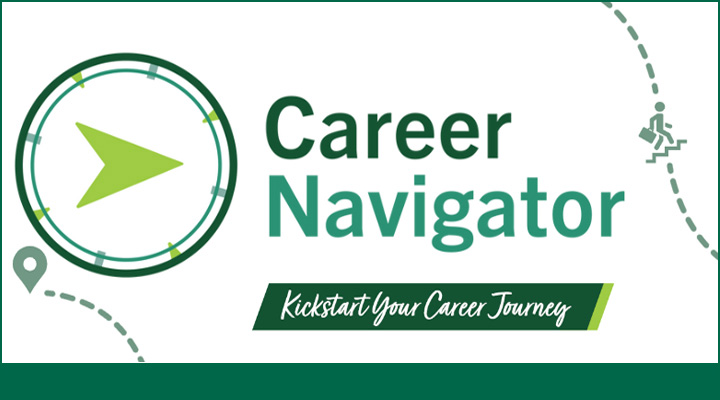
A career readiness module has been in place since fall 2022, as required from the
Florida Board of Governors. The Career Navigator module was updated in 2024 to infuse career exploration and assessment to initiate the discussion
with all first-year students. Upon completion of the module, students have a better
understanding of career exploration and what to look for in their major and future
profession. This module lays the foundation to action planning and critical evaluation
of opportunities.
Program Specific Career Modules
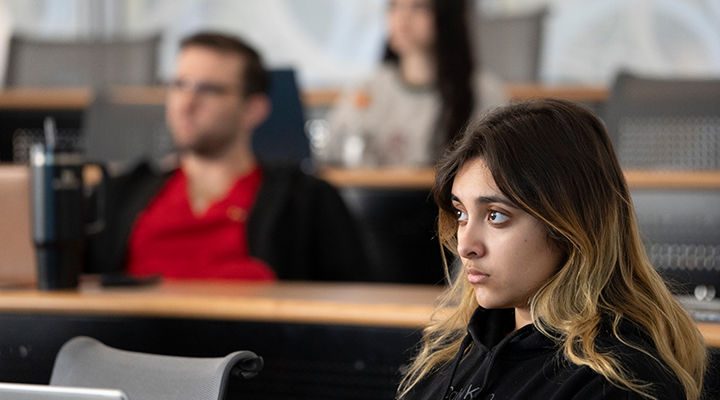
College program specific career modules have been created as a collaboration between Innovative Education, the Center for Career and Professional Development, and program faculty to seamlessly infuse career readiness content into the existing curriculum.
The use of subject matter experts and learning designers create engaging educational
content that features both employers and graduate school admissions representatives
to share important information directly to students. This tailored approach allows
timely and appropriate information to be conveyed, and encourages students to engage
in appropriate experiential learning opportunities.
The ExCeL QEP piloted in 2024 with modules for three programs of study:
- Philosophy
- Sociology
- Interdisciplinary Social Sciences
These programs were chosen because they historically do not have a high level of experiential learning engagement to support students' success in reaching their career or educational aspirations.
In 2025, the ExCeL QEP was expanded to other programs of study including:
- Studio Art
- Public Health
- Health Sciences
- Exercise Science & Kinesiology
- Language, Speech & Hearing Science
Faculty Champion Program
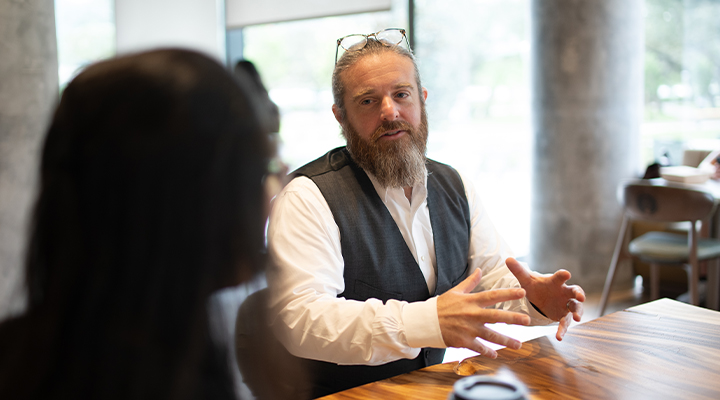
Faculty in the programs of study have the opportunity to participate in the ExCeL QEP Faculty Champion Program to engage in career readiness training with the Center for Innovative Teaching and Learning. Additionally, they work with the Center for Career and Professional Development to update syllabi to identify career readiness competencies being strengthened in the course, as well as projects that build these skills. The consistent infusion of career readiness language will make it easier for students to communicate what they are taking away from their courses and specific projects that exemplify these abilities.
There will also be a recognition ceremony each year to showcase the efforts of these
faculty and the impact they are making on their students.
Strengthen Experiential Opportunities
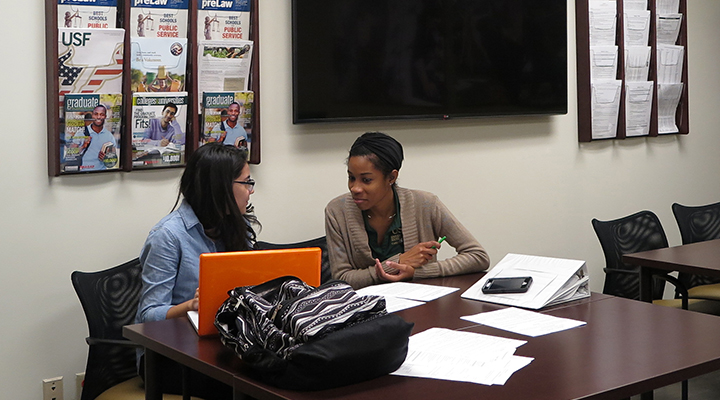
Experiential learning opportunities and coursework combine to ensure students gain the competencies, skills and knowledge that employers and graduate schools seek. But often students do not fully comprehend what they experienced or how to communicate this to prospective employers or admissions teams.
It is for that reason that the ExCeL QEP's professional development tools help student employees, interns, co-op students, and those in undergraduate research to identify and articulate what they gained and contributed during their experiences effectively to employers or graduate schools.
Additional assistance is also offered to employers and supervisors to enrich these experiences and to create
paid internship opportunities.
Funding for Experiential Opportunities
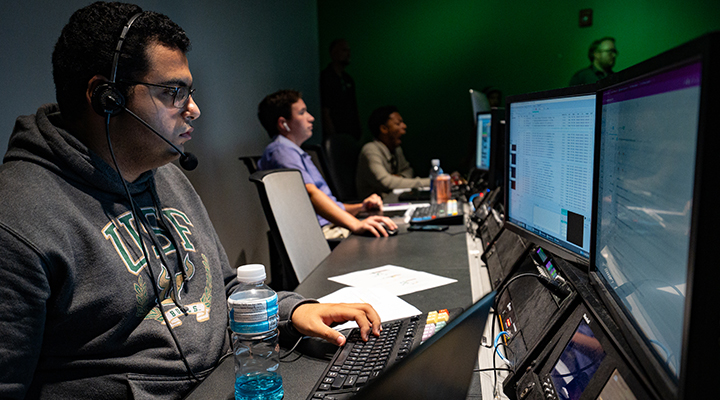
A fund will be developed in the Center for Career and Professional Development with donations from the community and employers with the goal of increasing access by lessening the financial burden on students who would like to engage in valuable experiential opportunities. Students will have the opportunity to apply for funding.
- Early in the spring 2025 semester, USF received a $4.8 million humanities internship grant from the Mellon Foundation to be used to support up to 900 students each year in otherwise unpaid internships.
- In October 2025, USF partnered with the Florida High Tech Corridor to expand opportunities of undergraduate research.